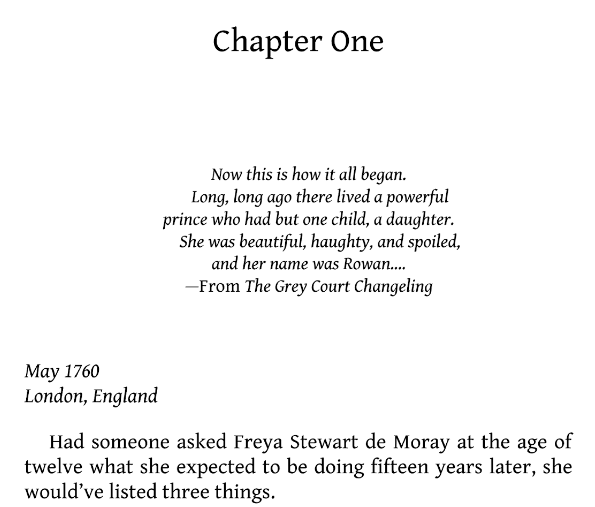Devils.Advocate
An objectionable existence
- Joined
- Jan 1, 2019
- Messages
- 181
- Points
- 133
Of course, the best way for exposition is, in my opinion anyway, plot orientated; like having a conspiracy about magic and mages will inevitably teach readers how magic work in the world.
But let's say you don't have the luxury of doing another plotline, and you just need the information in the story now... NO! Now is too late! You needed that info in the reader's head before the prologue, yesterday! What methods are there?
Massive text bomb by the narrator? Lengthy Q&A session with the first "mentor/NPC" the protagonist meets?
What other ways are there? What methods do you use?
Do you think about exposition at all?
Is there a "learning curve" in your story?
But let's say you don't have the luxury of doing another plotline, and you just need the information in the story now... NO! Now is too late! You needed that info in the reader's head before the prologue, yesterday! What methods are there?
Massive text bomb by the narrator? Lengthy Q&A session with the first "mentor/NPC" the protagonist meets?
What other ways are there? What methods do you use?
Do you think about exposition at all?
Is there a "learning curve" in your story?


